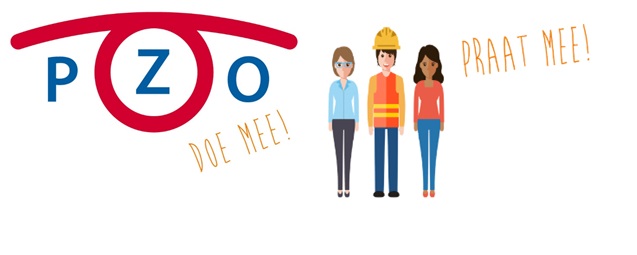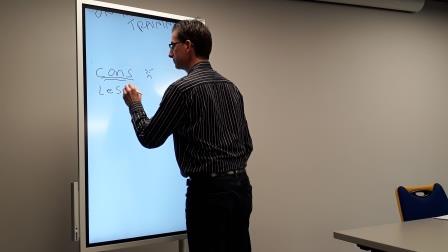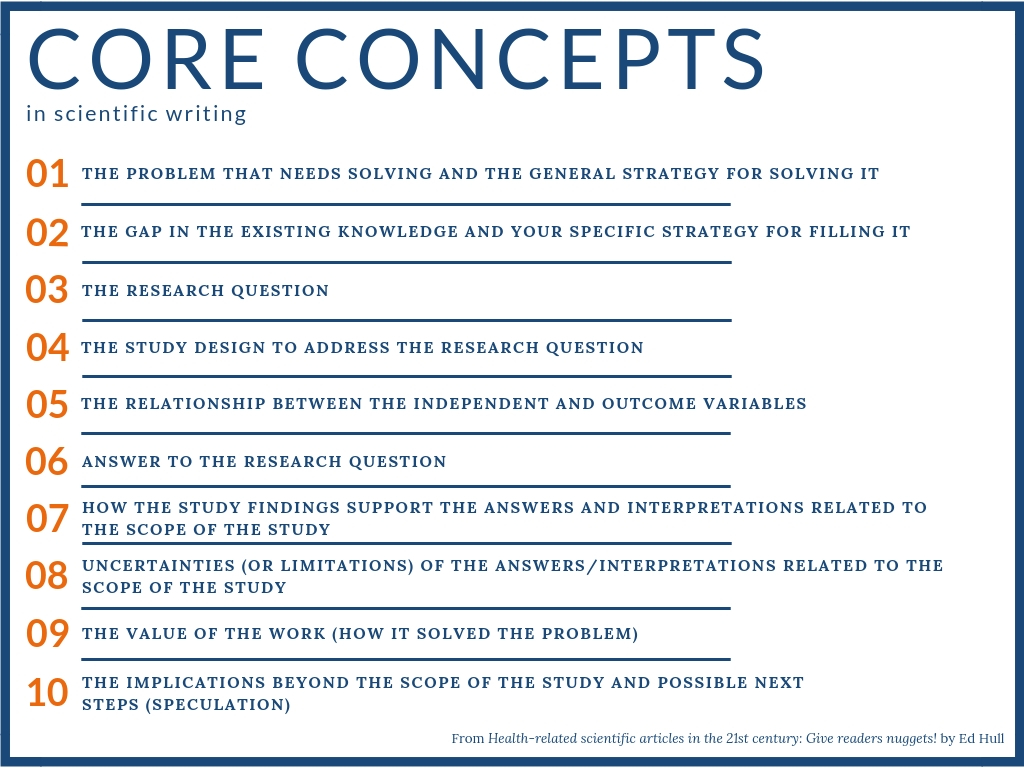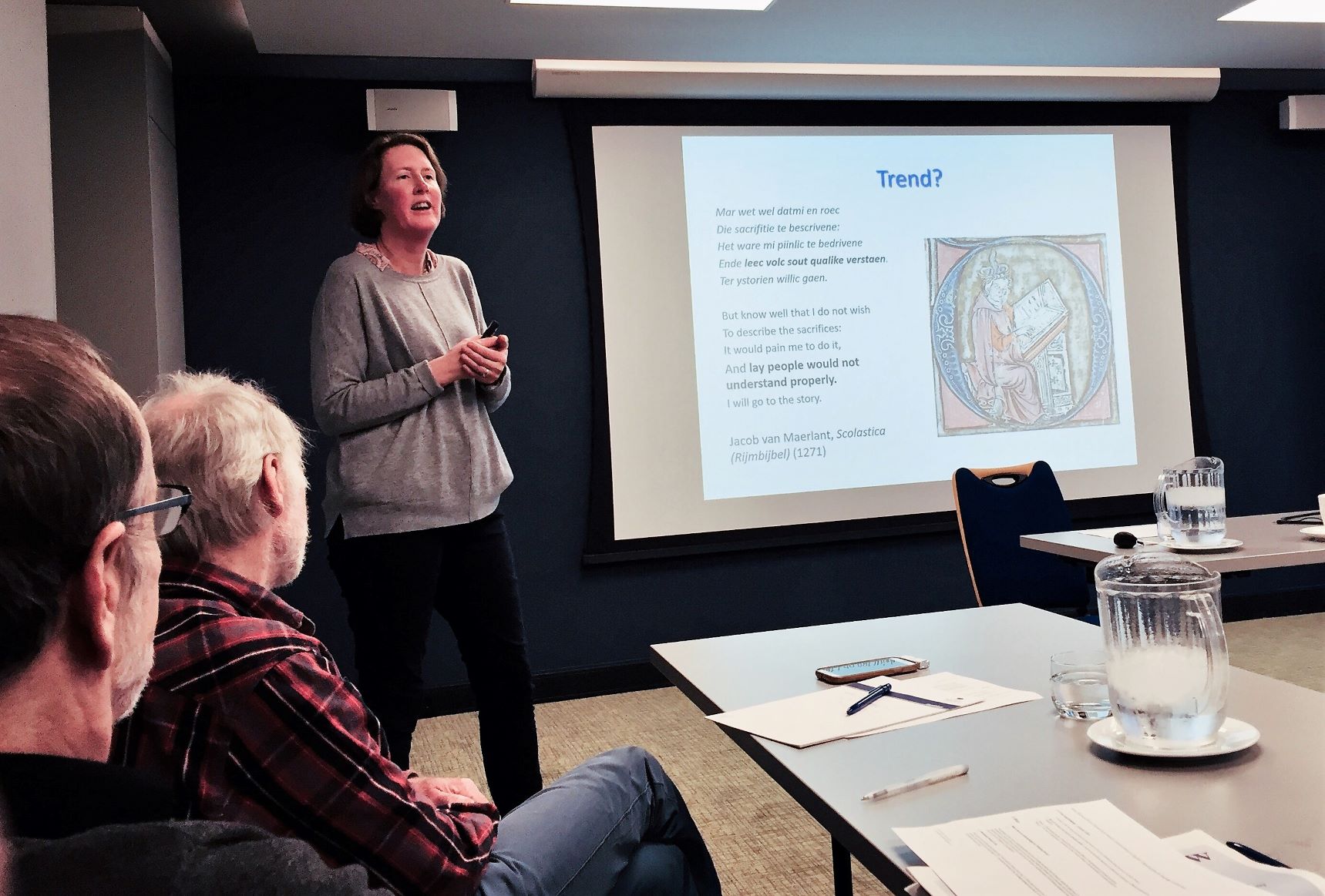
-
The Dutch platform for independent professionals known as Platform Zelfstandig Ondernemers, or PZO, was set up in 2002 to champion the interests of freelancers in the political arena. It is based in the Malietoren in The Hague and works closely with the Confederation of Netherlands Industry and Employers (VNO-NCW) and with MKB-Nederland, which represents small to medium enterprises.
-
PZO is also a member of the European Forum of Independent Professionals (EFIP). PZO lobbies for freelancers’ interests on matters such as the Wet DBA, pensions and mortgages. There is an ongoing discussion on all these topics with officials, Dutch members of parliament and, where necessary, ministers.
-
Since 2010, PZO has had a seat on the Dutch Social and Economic Council (SER). This means that it can participate in discussions with employers, unions and other organizations in matters concerning the freelancer.
-
Apart from lobbying, PZO supports its members in their business practices by offering advice on incapacity for work or on liability. It also has a free helpdesk for tax and legal matters.
-
PZO members are eligible for discounts with companies offering a wide range of services for freelancers, from insurance and GDPR compliancy to software packages and mobile phone contracts, and even rapid phone repair services.
-
The PZO Academy organizes workshops throughout the country. Subjects range from raising your Google ranking to successful job acquisition and the secret to a good email!
-
PZO also organizes knowledge-sharing lunch sessions or Kennislunches which bring freelancers up to date on subjects such as marketing, innovation, and financial matters. The next Kennislunch will be held on 9 May in Almere and will revolve around disability insurance. For more information, see the website.
-
Individual membership of PZO costs 135 euros per year. However, if you join the collective SENSE membership, it will only cost you approximately 35 euros per year.
-
As SENSE's Membership Secretary, I am our liaison to the PZO Board, which means SENSE members can pass on any ideas and issues relating to freelancers through me.
UniSIG report: Do online editing services have a place in your client portfolio?
Written by Angelique van den Heuvel
On Friday 12 April, 14 SENSE members gathered at Park Plaza Utrecht to receive an answer to the question: ‘Do online editing services have a place in your client portfolio?’
After a short introduction round, Curtis Barrett took the floor to share his past experience working for one of the largest international online science editing agencies. A scientist originally from New York, Curtis emigrated to the Netherlands nearly 12 years ago to work as a senior researcher at Leiden University Medical Center (LUMC). As a native English-speaking scientist, he realized that his PhD and postdoc years had given him a wealth of scientific expertise as well as sound academic writing skills, and he discovered an affinity for science editing. After leaving LUMC and accepting a freelance contract position at the editing agency, he learned the ins and outs of editing and discovered his full value as a science editor. During his presentation, Curtis explained how he progressed from being a junior editor to a senior editor at the agency, identifying the potential pros and cons of working with an online agency, and enlightened us with some excellent take-home messages.
Curtis identified the following advantages and disadvantages of working for online editing agencies:
Pros:
- On-the-job training: working for an agency proved a valuable learning experience. They had guidelines and a glossary available, which included explanations about the split infinitive, the serial comma, why the first person is preferable to the third person, ‘which’ vs. ‘that’, etc.;
- Work acquisition: the agency was saturating the internet, thereby guaranteeing a high volume of editing jobs;
- Variety/diversity: editing jobs were offered for a wide range of topics varying from biology to genetics;
- Anonymity (also a con);
- Assurance of payment.
Cons:
- Relatively low pay (but editors could often negotiate);
- Tight deadlines;
- Anonymity: at this agency, editors only have contact with the managing editor, not the author.
- Editors often receive little or no feedback from either the client or the agency. There is usually no opportunity to discuss anything with the author, for instance if important pieces of text seem to be missing.
- Low-cost, short-turnaround editing;
- Quality can suffer in order to maintain quantity;
- The agency’s house style may be pushed on you.
Take-home messages:
To answer the key question: yes, online editing services can have a place in your client portfolio, provided you do some research in advance. If you are considering an offer to work with an agency but are in doubt, enquire on the members-only SENSE forum. And don’t shy away if the agency wants you to take a test, even if it's not a paid test.
Last month I took the train from Heidelberg to Sylt (one of the North Frisian Islands, and Germany’s northernmost point), where I was planning to run the annual 33-kilometre Syltlauf. Looking forward to a nine-hour train journey with no children to look after and nobody to talk to, plus lots of guilt-free relaxation in the face of the impending run, I finally had time to read Carol Fisher Saller’s The Subversive Copy Editor, which had been sitting on my ‘to read’ pile for ages.
The Subversive Copy Editor is an established classic in the editing world. Saller worked for many years as an editor for the University of Chicago press and has handled countless requests about writing style on the Chicago Manual of Style Online’s Q&A forum. Clearly, anything she has to say on the subject of editing and how to do it must be worth reading.
It certainly was. I wasn’t far into the book before I found myself nodding in approval and making notes. Although many of you have probably already read the book, I couldn’t resist sharing some of Saller’s valuable advice. So here it is...
Do no harm
According to Saller, this should be our first goal as an editor. While none of us would dream of harming our client’s text on purpose, you may be surprised how much damage you can do to a text if you insist on imposing all the grammar rules you have learned. Rules are often style choices after all, and the author may have broken a rule on purpose.
Both the experienced and the novice editor can fall into this trap. Grammar ‘experts’ may assert a specific rule because ‘that’s the way it has always been’ without realizing that said rule is now outdated. And the less-experienced editor may cling to the limited rules they do know without realizing that the ‘mistake’ they are correcting is a perfectly suitable alternative.
That doesn’t mean you should forget all you know about grammar. Far from it. A thorough knowledge of grammar and usage is essential for good editing because it allows us to decide when the rules should be broken to help the reader. So before you make a change, keep the golden rule do no harm in mind. To help you make the right decision, stay up to date with the latest changes in grammar and usage and, if you are still learning a style guide, show restraint and look something up if you are not sure.
Cultivate a good author–editor relationship
As editors, our first loyalty is to the reader. To help the reader, we have to work through the writer, so it is a good idea to build a good working relationship with our clients. In her book, Saller explains how to lay the groundwork for a collaborative author–editor relationship:
- Carefulness: show the client that you pay attention to detail. Identify issues, make informed preferences (make sure you know your stuff when doing this) and, where appropriate, let the writer decide. In your introductory email to a client, ask questions that show you have read the manuscript carefully and that demonstrate your competence.
- Transparency: start by reassuring the client that you won’t make big changes without permission or without letting them know why the change is necessary. Saller’s advice is to always be prepared to defend your changes. And before you challenge a writer, check that you have your facts right.
- Flexibility: show your client that you are willing to listen and negotiate. This may be the most challenging virtue for a copy-editor to master, as it sometimes involves ignoring what we think is right. Remember that style guides are arbitrary and changeable. If they weren’t, then we wouldn’t have different style guides. Simply offering to discuss why your preference is different from that of your client’s is usually an effective strategy for ensuring the best decision is made (for the reader).
Know thy word processor
In her book, Saller says ‘if you charge money for editing services and you aren’t an expert word processor, you’re not doing honest work.’ Oh dear. Sure, I know my way around Word, and I don’t waste too much time shouting at my computer to do what I want it to. Still, I know that I don’t use Word to its full advantage when I’m editing. Saller emphasizes that becoming an expert at the keyboard will make you faster, more confident, more accurate, and more valuable. Sounds like a good idea – tell me how.
Learning to use keyboard shortcuts instead of your mouse is a great way to start improving your skills, Saller says. Many of these are already built in, but you can assign your own (I have discovered the power of Ctrl F6 for switching between documents and Ctrl Shift W for underlining one word. I also assigned my very own shortcuts for square brackets, which I use all the time). I also signed up for the SfEP’s Editing with Word course, which has introduced me to the delights of wildcards and macros. How did I live without them?
Meeting deadlines
Saller also offers a wealth of good advice on managing projects. To be able to meet deadlines, we should master three skills, she says: prioritization (deciding which job is most important), organization (monitoring our tasks in lists, schedules and logs) and documentation (keeping track of any changes in a project’s schedule). The most useful advice for me in this chapter was to keep your inbox as empty as possible and file messages away as soon as you have dealt with them. I acted on this advice as soon as I was home (nursing very tired legs after successfully finishing my run!). Now, instead of having more than 1,000 emails in my inbox, I have two. The rest have been dealt with and filed away, and I really do feel much better.
For more great advice from Carol Fisher Saller, or to buy your own copy of The Subversive Copy Editor, visit The Subversive Copy Editor blog.
Braving the icy north-easterly winds, a gritty bunch of seven SENSE members gathered last Friday afternoon at Café de Beurs in Zwolle to raise a glass (and enjoy a few bar snacks) to put the world – of editing, translation and whatever else we do – to rights. Discussion topics ranged from ‘how to get more clients' (a SENSE-wide topic) to coping with MemoQ, via a large-scale English-to-Dutch medical terminology database project over the coming two years, finding good facilities for children with special needs, English (and Dutch) book clubs and where to find them, what happens when translation clients promise work which they then hand to others, not to mention getting to grips with the A–Z of the Eastern provinces!
Informal meetings are a great way of getting to know other members and hearing all about what their work involves, plus the cross-fertilization that this often brings; not to mention a great way of introducing new people to SENSE!
The Utrecht Translation group met on 13 March to discuss a text from a member who translates quite a lot of urban and spatial planning documents. Accordingly, we had a piece full of choice policy jargon about the new National Environment and Planning Strategy.
From virtually the very beginning we were making our way through a jungle of a nationale omgevingsvisie. Thankfully, the member who had supplied the text was there and helped us hack our way through.
Texts like these may seem vague, but they have to be somewhat concrete. The translator can’t be too free, although a little creativity does help. The passive voice can be aggravating in these documents. A few of us were foxed by the linking words that start sentences (daarbij, hierdoor, etc). Although it’s scary to cut a word that’s been put in a piece of policy by a committee, we were assured by a few of the Dutch native speakers present that sometimes these words really don’t mean anything on their own and they can go. It was quite interesting to hear all the different solutions and learn why some work and others don’t. We got through two of the four paragraphs to be translated but, to be fair, we might have got a few sentences further if the Bistrot hadn’t closed at 21:30.
It was a large and convivial group (14, but 17 had signed up!). Some of the several new faces had experience in this area too.
In other news, I have stepped down as convener (as of this year’s AGM). It’s a fine position that didn’t demand that much of my time, but after so many years it was time to let it go. Maartje Gorte has offered to replace me, and I’m sure she’ll be more than capable.
The Eastern SIG is officially out of hibernation. And the second formal meeting of the season was appropriately held just before the first day of spring. It was a good turnout with seven participants, and the morning’s topic was Brexit. Or is it Breggsit? Even its pronunciation triggered a discussion. Although Brexit is undoubtedly a divisive topic, our meeting was a model of harmony. We covered a range of Brexit-related topics, kicking off with a newsletter from the Dutch Immigration and Naturalisation Service (IND) and later moving on to letters to the editor of the Dutch quality daily paper Trouw.
It was difficult to tell whether the newsletter had been written directly in English or translated from the Dutch. We had fun trying to figure out which. One thing no-one had any doubts about was that the author was a non-native speaker, considering perplexing headings such as ‘Visitors open Brexit meetings pleased with IND presence’ and the references to ‘British’ when referring to Britons. It also got us talking about the (non)sense of embedded brackets and why it’s ‘Brexit’ in the UK and ‘de brexit’ in the Netherlands.
But we were not only there to linger over language. We had more important issues to tackle. Brexit itself. So we looked at the merits of solutions to Brexit submitted by readers of Trouw, one by our very own convener. Her suggestion was to set up a citizens’ assembly, similar to the one held in Ireland. Just as we had finished talking about this sensible course of action, several of us happened to receive an email from the IND. Attached was their second newsletter and, believe it or not, this one contained none of the errors we had just been discussing. We suspect that the IND is keeping tabs on us. In which case, we might be able to solve Brexit after all!
One new member of SENSE commented: "I felt very welcome during my first presence at a SIG meeting. As a starting translator into French and English (a native Dutch speaker), it was very useful for me to hear about the experiences of others – translators and otherwise – working in the field of languages. I was impressed with the thorough comments made by the native speakers in the group on an English text from a Dutch organization, which we analysed during our meeting and which, at first sight, seemed okay to me! I learned a lot, and look forward to more networking within SENSE."
Book review: Health-related scientific articles in the 21st century: Give readers nuggets!
Written by Claire Bacon Anyone who edits biomedical research papers for a living will know that many scientists struggle to write clear, well-structured research papers that are easy to read. Many still insist on using an archaic writing style, filled with complicated prose that (they think) impresses their peers, instead of doing what they should do, which is focusing on their readers’ needs. They firmly believe that this is how scientists ‘should’ write, and that if they don’t write in this way, their papers will not sound important enough and will not be accepted for publication. This is what we, as editors of scientific papers, are up against.
Anyone who edits biomedical research papers for a living will know that many scientists struggle to write clear, well-structured research papers that are easy to read. Many still insist on using an archaic writing style, filled with complicated prose that (they think) impresses their peers, instead of doing what they should do, which is focusing on their readers’ needs. They firmly believe that this is how scientists ‘should’ write, and that if they don’t write in this way, their papers will not sound important enough and will not be accepted for publication. This is what we, as editors of scientific papers, are up against.
We must therefore find a solution to this problem. The truth is that this archaic style doesn’t only make scientific articles difficult to read – it actually gets in the way of reporting credible science.
Enter long-time SENSE member Ed Hull, with his latest book: Health-related Scientific Articles in the 21st Century: Give readers nuggets! In his book, Ed describes an easy-to-follow writing strategy that ensures precise, accurate and honest reporting of research findings. Ed shows scientists how to communicate credible research by focusing on specific take-home messages, or ‘core concepts’.
‘A good scientific article’, Ed says, ‘should teach the reader something’. And people learn better by grasping the core concepts before trying to understand the underlying details. Ed likens these core concepts to nuggets: ‘A nugget of gold is easy to pick up and has immediate value.’ In the context of scientific writing, an author can give their reader valuable nuggets of information to communicate what they want to say more clearly.
Cut to the core
In his book, Ed presents a template of 10 core concepts for research scientists to use when constructing their articles. This template structures the manuscript by bringing the take-home messages together. Core concepts 1–5 form the structure of the Introduction and core concepts 6–10 build the Discussion (see below).

Ed guides his reader through these core concepts, explaining each one in detail and using examples of fictitious studies to show the reader exactly how to write each core concept. There is continuous emphasis on leaving out details and being clear, which is a good thing as many scientists tend to get bogged down in unnecessary details. With this template of core concepts, Ed’s readers have the basis for writing a well-structured Introduction and Discussion. There is also a chapter on how to write the Methods and Results sections of a research paper, and how to structure these sections logically using subheadings, as well as another chapter on how to give the title and abstract maximum impact.
Specific focus
As he guides the reader through his writing strategy, Ed gives plenty of useful tips. One of the most useful (in my opinion) is the instruction to specify the scope of your study. This may seem rather obvious, but many scientists are afraid to – and don’t – do this. They feel that by narrowing the scope of their study, their findings will seem less important and less interesting. This fear is understandable, considering how much pressure scientists are under to publish, publish, publish in journals with the highest possible impact.
But Ed sensibly points out that focusing on a specific scope actually increases the credibility of a study in the mind of the reader because the author does not fall into the trap of mistakenly implying their study is bigger than it actually is. By maintaining this all-important focus, the methods will adequately address the scope of the study and the results will be credibly generalizable to the specific study population. A knock-on effect of this is that scientists will be less reluctant to acknowledge the limitations of their studies, thereby promoting accountability and research integrity.
This is one valuable golden nugget that I will be passing on to my own clients.
Getting the structure right
Ed’s strategy for writing research manuscripts helps solve another common problem among scientists: considering the overall structure of the manuscript and putting the right information in the relevant section. It may seem obvious what should go into the Introduction, Methods, Results and Discussion sections, but for some reason, authors of research articles often wind up interpreting their findings in the Results section, repeating their results and background information in the Discussion, or not answering their specific research question at all.
Ed helps researchers forget about details and focus on their take-home messages when writing their papers. Explaining each of these messages clearly and explicitly means the reader can focus on the scientific content of the research paper instead of struggling to find the point.
How to be reader friendly
A reader will have an easier time understanding an article that is well structured not only at the document level, but also at the paragraph and sentence levels. To help his reader break the habit of writing in a pompous, archaic style that is difficult to understand, Ed provides 10 helpful techniques for structuring reader-friendly sentences. He makes a concrete case for using the active voice and warns against ambiguous verbs and empty phrases that can leave the reader guessing. He also explains how to structure these reader-friendly sentences into logical paragraphs that tie the story together in a way that makes the reader want to keep reading (Ed provides a list of useful connecting words and phrases in the Appendix, which will be particularly useful for ESL authors). Ed illustrates each of his tips and techniques with helpful examples.
Much needed help
Ed has drawn on his experience as a researcher and teacher of scientific writing to develop an effective strategy for writing clear, well-written research articles – something which is sorely needed in academia. His ideas are well presented and easy to follow and should benefit native English-speaking and ESL authors alike. The book accompanies a successful writing course for PhD students that is held eight times a year at AMC in Amsterdam.
Ed’s book is also helpful to anyone who edits biomedical research papers. I for one am looking forward to passing on his wisdom to my own clients. Want to find out more? You can get your copy of Ed’s book here.
SENSE Utrecht translation SIG meeting 9 January
Written by Anne Hodgkinson
A small but animated group of eight met up at Bistrot Centraal on 9 January for a post-holiday catch-up and to discuss the ups and downs of our professional lives.
(In)visible translations
The topics discussed were many and varied. One issue brought up was potential clients not being able to find your work on the internet if your translation is only used for something like an app, especially one for which people have to pay. (The example was a tourism app from one of the Dutch VVVs.) While you can refer prospects wanting to see samples of your work to a published book/journal, or send them to a web page via a search engine, search engines can’t ‘see’ apps. When the sole destination of your translation is an app, the chance of a possible client finding your pet project is virtually nil. There is no solution yet, but if you’re proud of what you’ve written/translated for that app, beware, and see if there’s a way to make it available (eg, on your own website).
Getting yourself sworn
Someone else was curious about what being a sworn (beëdigd) translator entails, as well as what advantages it might have. Fortunately, one member who was present is a sworn English-Dutch translator and was happy to share her experience. In brief:
- there is probably more work from Dutch to English; much is short documents like birth certificates and diplomas, but we don’t know enough to say how much work might be longer documents
- there is no option to register a specialization (eg, medical), so be responsible about what you can do
- translating the same kind of documents may feel tedious at first, but soon you’ll build up a ‘library’ and it will go much faster
- since the translated document is supposed to also resemble the original as much as possible, you’re often fiddling with PDF conversion, which is not everyone’s cup of tea
- if you’re working for a court, they have often contracted with an agency and fees are therefore not negotiable
- it costs €125 to become sworn, plus €40 for the VOG (Verklaring Omtrent het Gedrag or Certificate of Conduct)
- you need to keep up your PE points (80 per 5 years) but there’s the option of following a minor at eg, ITV Hogeschool instead of attending several workshops/courses
- liability insurance is also recommended
- the status seems to impress customers even if they don’t need a sworn translation.
For those wanting to know about the current terms for registration, they can be found on the WBTV website.
Quoting for jobs
There was also a question about rates and how to quote for a job. This seems to be a hot topic right now, according to people who use other forums, with translators encouraging one another to charge more for their services. Perhaps the economic upturn is making even translators optimistic? One member pointed to the Editorial Freelancers' Association's list of the typical hourly rates for different types of editing and other work including translation. If you’re interested in knowing more, Sally Hill has written three articles on ‘Quoting for jobs’ for eSense. (Part 1 is on p.12 of eSense 41, part 2 is on p.13 of eSense 42 and part 3 is on p.18 of eSense 43.
Upcoming SENSE events
As an aside, we heard during our meeting that work has already begun on organizing the 2020 SENSE conference. Although nothing has been set in stone, there is already some planning and extending of feelers. Spirits were high; we even got as far as proposing Hillary Clinton and Michelle Obama as keynote speakers! More information about both the conference and the upcoming (September) Professional Development Day will be forthcoming at SENSE’s Annual General Meeting (AGM) on 23 March.
Our next meeting is scheduled for 13 March, venue to be announced.
A funny thing happened on the way to the UniSIG meeting...
Written by Sally Hill So there I was on Friday evening sitting in the train back to Zwolle after the recent UniSIG meeting in Utrecht. I’d had time for a quick drink with other attendees before heading to the station and was feeling fired up from the stimulating discussions with both new and more established SENSE members, both during and after the meeting.
So there I was on Friday evening sitting in the train back to Zwolle after the recent UniSIG meeting in Utrecht. I’d had time for a quick drink with other attendees before heading to the station and was feeling fired up from the stimulating discussions with both new and more established SENSE members, both during and after the meeting.
And then I suddenly remembered what had happened in the train that afternoon just as we were approaching Utrecht station. Oh. My. Word. Did it really happen?
I’d been totally absorbed on my laptop, giving feedback in Word on a student paper. These particular students are novice writers so my edits and comments should not go too far. It’s an educational exercise to help them practise scientific writing and get feedback from a scientific editor. So the text doesn’t have to be perfect and I must be careful not to make unnecessary edits, or perhaps edits I’d make for a client whose text is going to be published.
So there I am, deep in concentration, when the lady sitting next to me reaches over and points to a word on my screen: influences. ‘Why don’t you make that the subject of the sentence?’ she says in Dutch. ‘It’s such a Dutch construction otherwise.’
I was speechless. What a nerve! She admitted she shouldn’t have been looking but couldn’t help herself. I already knew she was a teacher because she’d been reading the teachers’ union (AOb) magazine but never in my wildest dreams had I imagined she’d chip in and help with my onscreen efforts.
I stammered something about it being a student text and hastily packed my laptop away. Thank goodness it was time to leave the train. I was mortified. Partly because I didn’t have a snappy response (I couldn’t work out whether or not she was right, argghh) and of course mainly because she’d been prying.
So if any of you ever find yourself sitting next to a stranger doing some editing on their laptop, and feel tempted to make some suggestions, just don’t. Restrain yourself!
|
Blog post by: Sally Hill LinkedIn: sally-hill-nl Twitter: SciTexts |
UniSIG: a lively encore for Maria, to a full house
Written by John Linnegar
UniSIG launched its 2019 programme with a presentation by SENSE member and academic editor and lecturer Maria Sherwood-Smith on ‘Outreach and research communication in English: Opportunities for language professionals’. This was an opportunity for members who had missed her SENSE 2018 conference session in June to attend a reprise. The chord she and her subject-matter struck with the 19 participants (including three newcomers to UniSIG) made for a lively, interactive session from which all left seriously thought-provoked. SENSE members John Linnegar and Theresa Truax-Gischler report back.
Communicating one’s research is a challenge at the best of times, but doing so in a second language to a variety of audiences, some of them multidisciplinary, some lay, is often beyond the capabilities of many a researcher. With the increasing emphasis in research funding on communication with non-specialists, policy-makers and the public, this new genre of speaking and writing has become a core academic competency, a reality many universities have been slow to embrace. Enter the language professionals – either as copywriters, editors or translators, or as teachers of writing and communication – to help researchers ‘sell’ their work to funding agencies, industry, government and the general public.
In a master’s course at Leiden University, Maria and two subject specialists work with the students at honing the content and structure of a brief research talk. Maria shared the ‘Daisy model’ applied in this course as a way of effectively organizing and presenting complex research. The model alerts authors to the genres and registers that best suit their target audience. In doing so, it points writers and speakers towards identifying their core message, expressing it in everyday, non-technical language and indicating its relevance to broader societal issues.
The vexed matter of formulating and wording grant applications took up much of the session, with a range of stimulating views being expressed around the room; but the drafting of brochures, blogs, websites, tweets, pubcasts and similar communications has also become necessary nowadays. For these media, experts other than the researcher are often needed. But how will they be accommodated and funded by institutions of higher education? Perhaps in combination with teaching academic writing and presentation skills or via the creation of university writing centres?
These and other issues were echoed in the animated Q&A exchanges with which the event ended – continuing into the drinks session that ensued. The takeaway message? There is a great need for language practitioners with the expertise to convert (or to teach how to convert) texts so that they communicate effectively to diverse audiences; but will the universities be able to deliver?
SENSE has a number of special interest groups (SIGs) which meet regularly throughout the country. They are open to all members, and guests are welcome to attend one or two meetings before deciding whether they would like to join SENSE. See the events calendar for more details.
